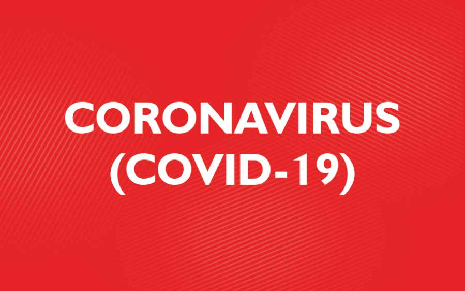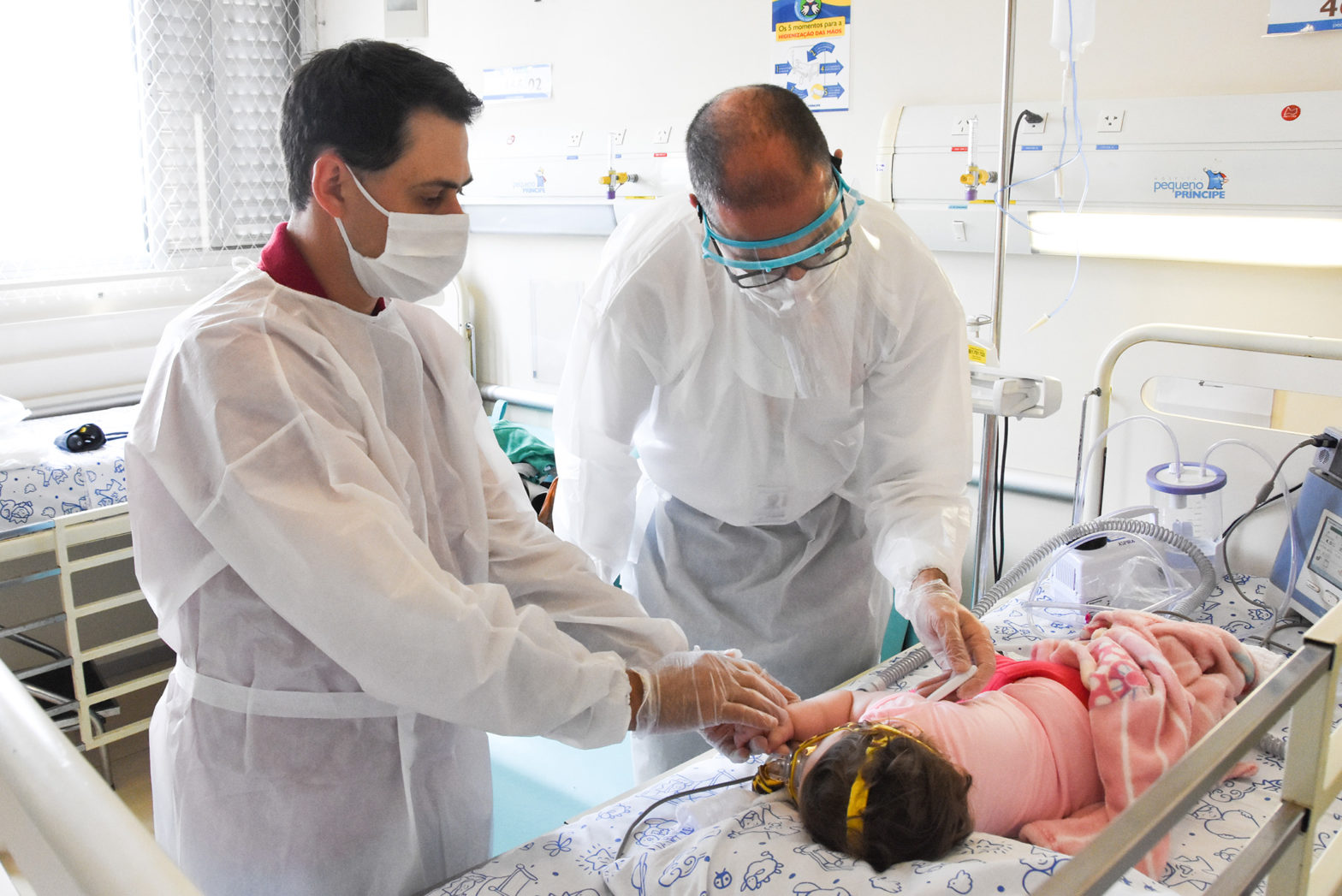Scientists discover genetic and immunological causes of severe forms of COVID-19
A study coordinated in Brazil by the Pelé Pequeno Príncipe Research Institute shows that more than 10% of patients with severe disease condition produce autoantibodies
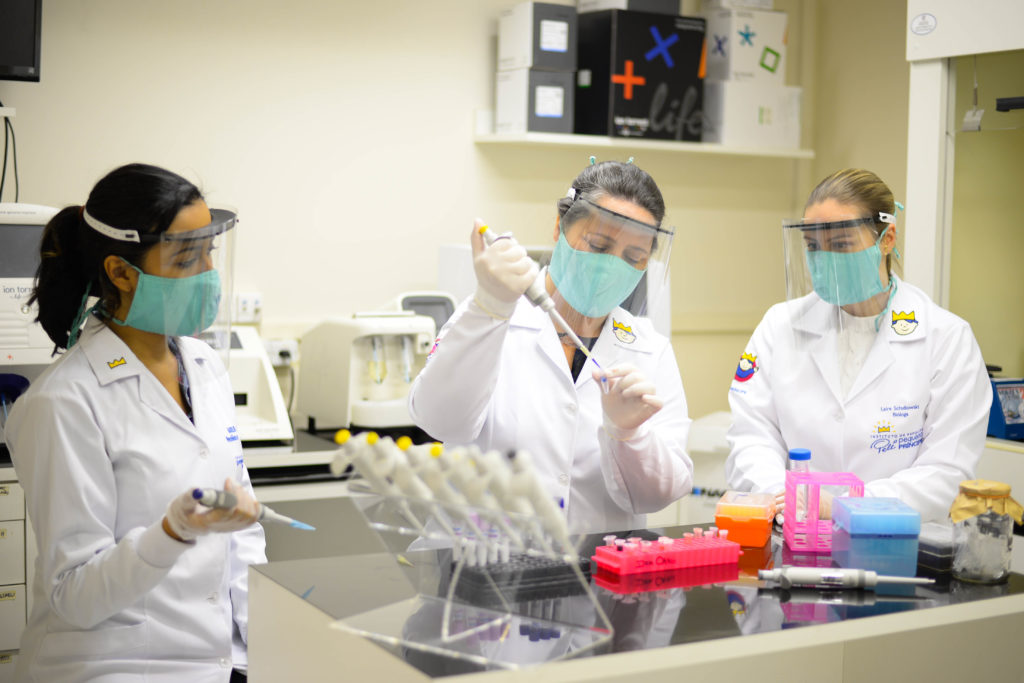
Two articles published in September in Science magazine show that more than 10% of young, healthy people who develop severe forms of COVID-19 produce antibodies that do not attack the virus that causes the disease, but the immune system itself (autoantibodies). Another 3.5%, at least, carry a specific type of genetic mutation that affects the immune response. The findings are part of the research conducted by “COVID Human Genetic Effort”, an ongoing international project that covers more than 50 genetic sequencing centers and hundreds of hospitals worldwide. In Brazil, the research is led by the scientist of the Pelé Pequeno Príncipe Research Institute, Carolina Prando, together with the researcher from the University of São Paulo (USP), Antonio Condino Neto.
In both situations found by the researchers, the result is basically the same: patients lose type I interferon, a group of 17 proteins crucial for the protection of the human body against viral infections. Whether these proteins have been neutralized by so-called autoantibodies or have not been produced in sufficient quantities due to a defective gene, their lack of action is common among these subgroups of people who have a very severe COVID-19 condition.
“The findings explain why some people develop a much more serious disease than others in their age group – including, for example, individuals who needed to be admitted to the ICU despite being in their 20s and free from comorbidities,” explains the scientist, who will also be the honoree of Pequeno Príncipe Gala 2020 – A Journey of Hope, event held virtually this year due to the pandemic, on November 18.
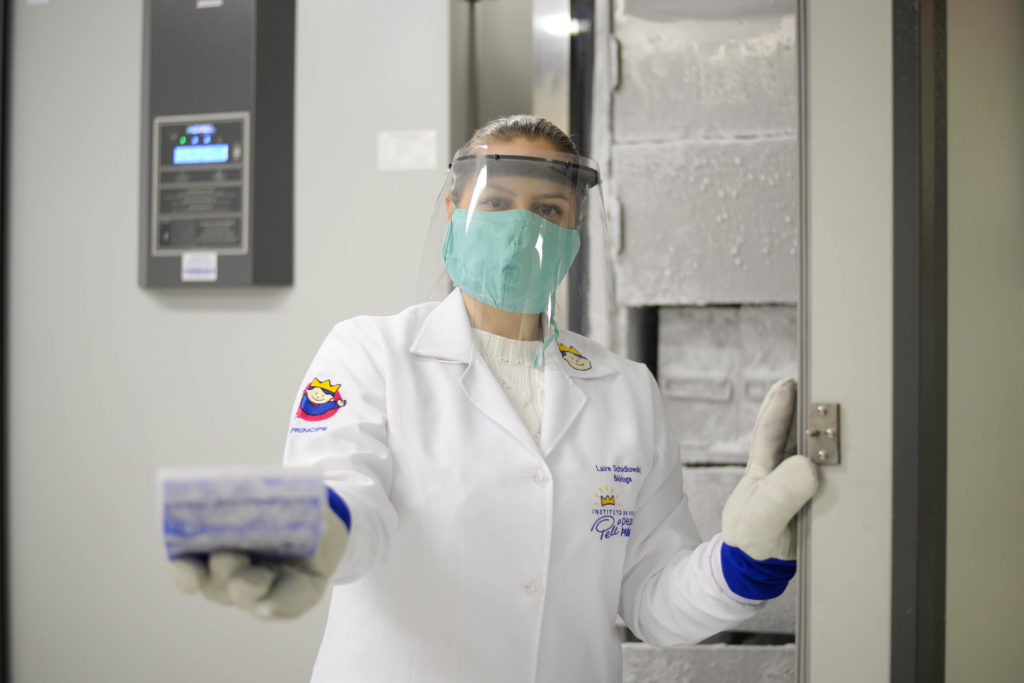
In the study, the researchers genetically analyzed blood samples from more than 650 patients who were hospitalized for death-threatening pneumonia due to SARS-CoV-2 infection (14% died). The control group included samples from more than 530 people with asymptomatic or benign infection. Initially, the researchers looked for differences between the two groups, related to 13 genes known to be critical for the body’s defense against the flu virus. These genes govern type I interferons. “A significant number of people with the severe form of COVID-19 carried rare variants in these 13 genes, and more than 3% of them lacked a functional gene,” notes the researcher.
“These findings provide compelling evidence that interruption of type I interferon is often the cause of death-threatening COVID-19,” says Jean-Laurent Casanova, head of the St. Giles Laboratory of Human Genetics of Infectious Diseases at the Rockefeller University, researcher at Howard Hughes Medical Institute and leader of “COVID Human Genetic Effort”.
According to Carolina, the great benefit of this discovery is that patients with these characteristics can be treated with medications that are already on the market today, reducing the mortality rates due to COVID-19.
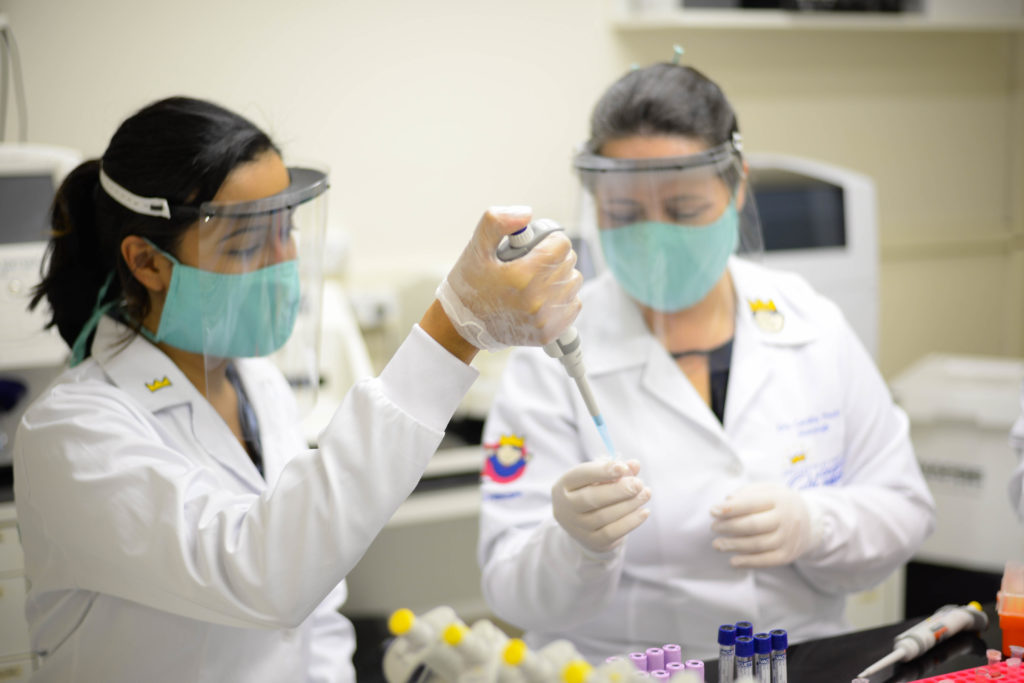
Autoimmune condition
The study also evaluated 987 COVID-19 patients at risk of death and found that more than 10% had autoantibodies against interferons at the beginning of the infection. Most of them, 95%, were men. “This discovery impacts, for example, treatments with human convalescent plasma. If the donor has autoantibodies, the blood plasma cannot be used to treat another infected patient, at the risk of aggravating the health condition,” highlights the researcher.
“These findings strongly indicate that these autoantibodies are, in fact, the reason why some people get very sick, and not the consequence of infection,” says Casanova.
Brazilian participation
Brazil has two genetic sequencing centers participating in the “COVID Human Genetic Effort”: one located in the Pequeno Príncipe Complex (Curitiba/PR) and one located at USP (São Paulo/SP). From these centers, partnerships were established with 20 other universities and hospitals in the country for the collection of epidemiological data, exome sequencing and functional studies. The results published in Science magazine refer to samples collected in Europe, Asia, Latin America and the Middle East. Brazilian samples will be included in the next analysis. “We already have about 250 samples collected, which analysis will integrate the next studies,” concludes Carolina.
More
COVID-19 Report
Until 10 a.m. on October 9, the Pequeno Príncipe Hospital treated 822 suspected cases of the disease, 120 of which were confirmed
Baby with neurodegenerative disease receives revolutionary therapy at Pequeno Príncipe Hospital
Known as the most expensive medicine in the world, Zolgensma was applied to a 10-month-old baby who won the medication in a worldwide raffle

